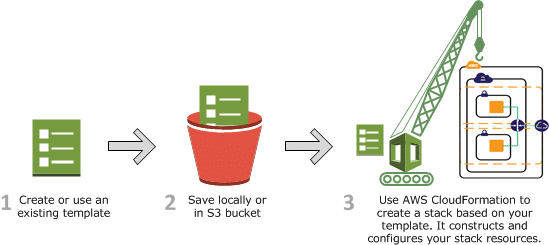
by Marc Schmuki | 24. June 2019 | AWS
copebit is proud to announce that we have been formally accredited under the AWS Solutions Program as a services reseller. We provide the necessary services and support for AWS account holders who wish to leverage cloud technology for their enterprise. To be an...

by Marco Kuendig | 12. June 2019 | AWS, DevOps
You have started an AWS account and are ready to use a selection of AWS services and resources to bring your business to the cloud. The trouble is, how do you organize and provision them in a simple, orderly way? Enter the AWS CloudFormation service. With just a...

by Marco Kuendig | 8. June 2019 | AWS, Containers, DevOps, Introduction, ServerLess
Have you ever wondered what services are offered by the big Public Cloud providers? Have you always wanted to get learn about AWS services but felt overwhelmed by the sheer number of them? Or have you already tried AWS but were defeated by how complex they are?...

by Marc Schmuki | 5. June 2019 | AWS, Introduction
AWS has announced that it is releasing its new line of EC2 T3a instances. Powered by AMD EPYC, these instances are built using the Nitro system, much like the previous m5ad and r5ad lines. The T3a instances are designed to provide burstable computing performance while...

by Marc Schmuki | 20. May 2019 | AWS, Containers, DevOps
In our modern era, speed, agility, and quicker turnaround time can make or break a software company. To help these software enterprises create, adapt, and innovate faster, AWS has introduced AWS CodePipeline. CodePipeline automates the process of moving code from...

by Marco Kuendig | 13. May 2019 | AWS, Database, Uncategorised
In the age of serverless architecture, Amazon has created a setting of Amazon Aurora to cater to applications that need databases that can automatically start, stop, and scale as needed. Amazon Aurora Serverless lets you set up a cloud database without needing to...







